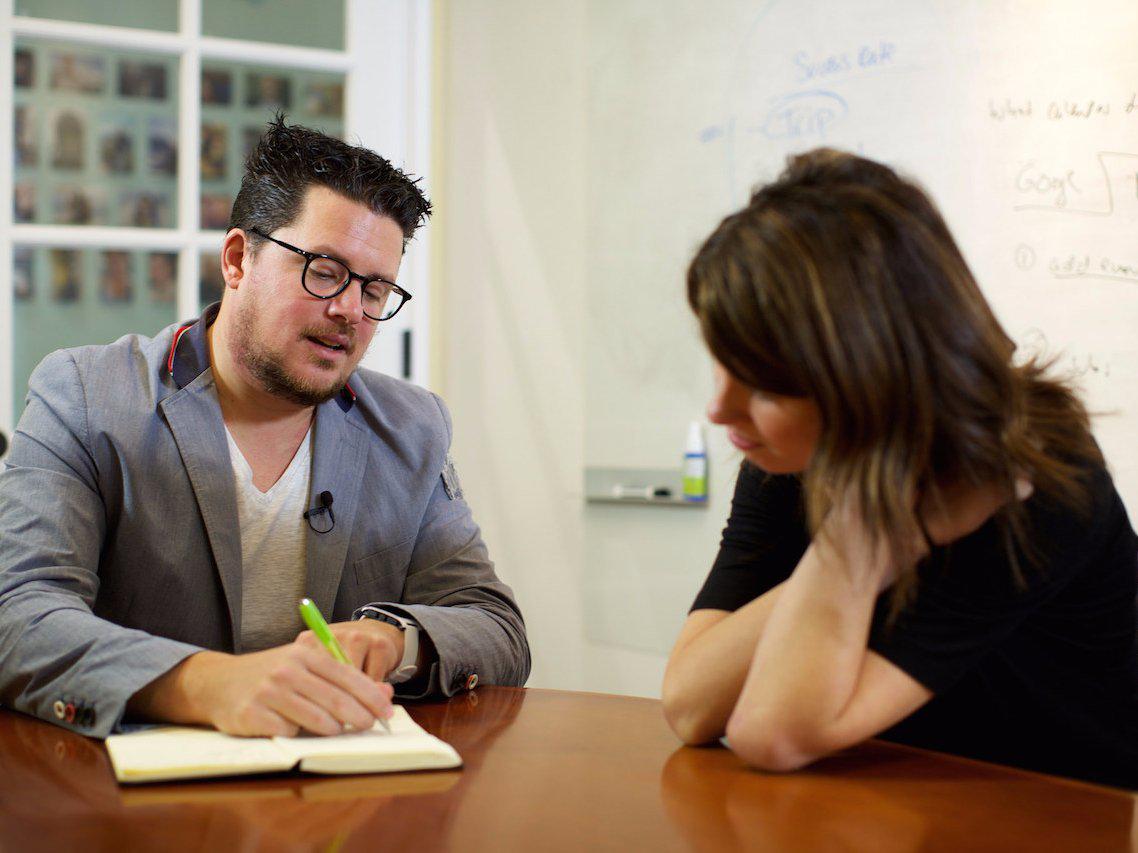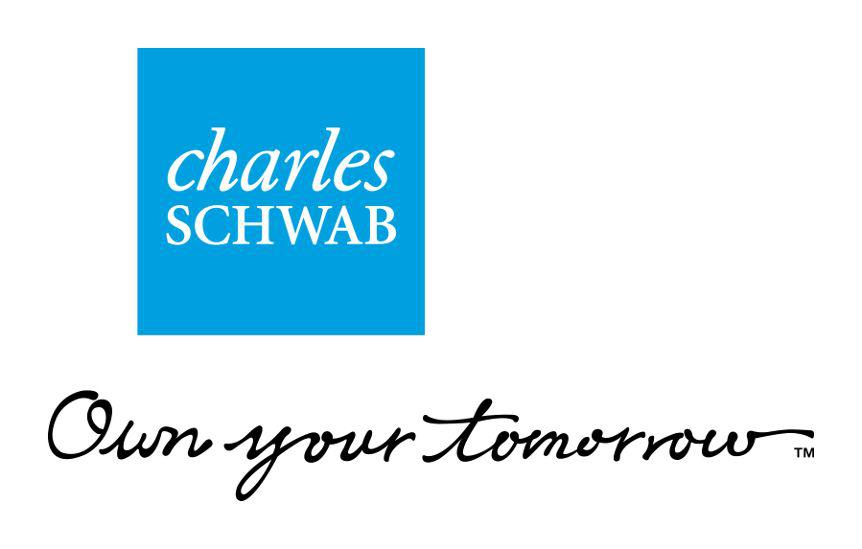10 Questions to Ask Before You Invest: A Guide to Smarter Investing

Finding something to invest in is not hard. Furthermore, the NYSE and NASDAQ have thousands of stocks which you can buy.
Apart from stocks, you can invest in other assets like real estate, bonds, futures, derivatives, startups, and indices among others.
Whether you are a novice or an experienced investor, you need to ask yourself several questions before you buy any investment. Below, I summarize some of these questions.
What is the end goal of this investment?

In other words, why are you making this investment? In every investment you make, you must answer this question. This is because there are many reasons why you might be investing. For example, if you are investing for your retirement, you want to invest in assets that are safe and guaranteed like treasuries, index funds, and bonds. For short-term investments, you can invest in individual stocks or options.
How Much Does it Cost?

This question is relevant when you are investing in financial assets like stocks, bonds, and options. There are many brokers who offer similar services. Before you invest, you need to look at these brokers and consider the fees that they charge. Ideally, you want to use a broker who charges little or no fees.
In this case, Robinhood is the best alternative because it does not charge a penny. If you are inclined to the traditional brokers, I recommend that you use Charles Schwab or Ally Invest which costs just $4.95 per investment.
Do You Understand the Risks?

All investments involve risks. Whether you are buying a stock, real estate, or even treasury bonds, there are risks involved. There are risks that you might lose all or part of your money.
When you lose your money, you are not alone. Veteran investors like Warren Buffet and Bill Ackman have lost money too.
To be safe, you need to invest funds you are comfortable losing. For example, if you have $10,000, you might be comfortable investing $100.
In other words, ask yourself whether the risk-reward ratio of the investment is worth it.
Have You Done Your Research?

Before you make any investment, it is essential to do your research. For example, when you want to buy a stock for the long-term, you need to find more information about the company.
Ensure that the following questions are answered:
What products does the company sell?
How has it performed before?
What is its competitive advantage?
Does it pay a dividend? If Yes, what is its yield?
Who are its managers and what are their track record?
What is the future of the products the company sells?
Is its current valuation justified?
These questions do not apply just to stocks. Before you buy an ETF or an index fund, answer these questions for the individual stocks that constituent them.
When you want to invest in a real estate project, ask yourself questions about the location and the expected returns.
The rule is, never make an investment that you have not researched well.
How Easily Can You Get Out?

No matter the amount of research you do, the chances are that you will make several mistakes. You are human, and mistakes are part of what we do.
The question is when you make this mistake, how quickly is it for you to exit from the investment?
When you invest in financial assets like stocks and bonds, exiting them will be easy. On the other hand, investments like real estate and land are difficult to exit when times get tough.
Jared Kushner is a good example of this. Before the 2008 housing collapse, he bought the 666 Fifth Avenue building for a record $1.6 billion. His goal was to bring down the building and build a better one. Sadly, the housing market collapsed, and to date, he has been unable to exit his investment. You can read more about his troubles here.
I recommend that you invest in liquid assets like stocks, ETFs, and index funds.
Are You the Best Person to Make the Investment?

At times, you don’t need to be the one to make the investment. If you are not good at finance, then, I recommend that you rely on people who are good at it.
This is similar to what happens in business. An inventor can come up with a good product, but since he lacks business management skills, he leaves the business side to a real manager.
If you don’t have any experience in investing, I recommend that you approach an investment manager who will manage your money. Alternatively, you can invest in robo-advisors who allocate your capital to investments that match your criteria.
Alternatively, if you want to be the investor, I recommend that you first spend time reading and doing research about the investments. Don’t take shortcuts.
What is the alternative to this investment?

I always like finding alternatives to anything. Before I buy a car, I like comparing it with similar cars from other manufacturers.
The same applies to investments. When someone recommends that I buy a particular stock, I like comparing it with other similar companies. By comparing investments, you are likely to get a better-under priced asset with a higher potential for growth.
What is Your Strategy?

The most significant investment mistake you can make is investing without a well-defined strategy. I know people who have bought stocks because they have been recommended by Jim Cramer or an analyst from Goldman Sachs. Others have bought stocks because they have read a report from IMF or Deloitte praising a specific country or sector.
This is wrong, and in most cases, the recommendations don’t work. Ideally, you should take time creating your own investment strategy based on your reasons for investing.
All successful investors have their own strategies. Warren Buffet is a long-term investor who buys companies and holds them for a long time. Dan Loeb is an activist investor who buys companies and works towards changing how they are operated. Jack Bogle, founder of Vanguard, made a fortune by investing in index funds.
Similarly, you should create a strategy that matches your risk appetite and one that you are good at.
How Much Does it Cost?

The rule of investing in any asset is to buy cheap and exit when the price appreciates.
Another rule of investing is that the market is cyclical. It will always go up and down. You don’t want to be the person who buys assets at their top.
Think about the person who bought Lehman Brother’s stock before the collapse because Jim Cramer recommended it.
Before you invest in anything, you should consider its valuation and whether it makes sense. For example, when buying a stock, compare its valuation multiples like price to earnings ratio and price to earnings to growth ratio with those of its comparable companies.
To learn more about these multiples, I recommend that you read The Intelligent Investor book or The Essays of Buffet.
The same applies to other illiquid assets like real estate. Unless it is in a very prime location, I advise against buying any asset at an inflated price. Remember the Kushner example I gave above?
What is your Fall-Back Plan?

Like I mentioned, investment is risky, and there are possibilities that your money will be lost. Never rule this out.
What happens when your investment clashes?
To stay safe, I recommend that:
Diversify your investments across different financial assets.
Don’t borrow money to invest.
Invest a part of your money that you can lose comfortably.
Don’t quit your job to invest.
There you have it. Before you take your money to invest in anything, ask yourself these questions and ensure that you have answered them adequately.








